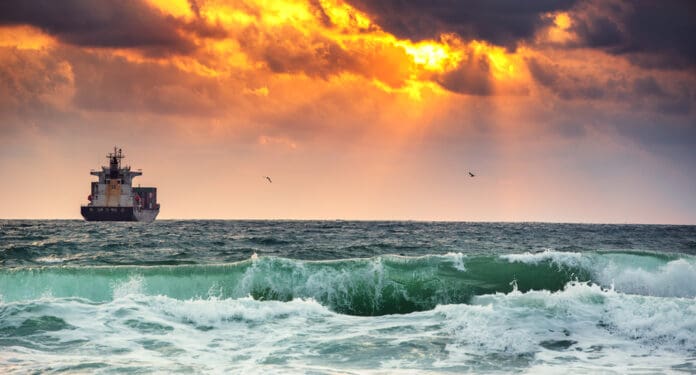There’s been a big focus on climate change and its effects on the maritime shipping sector for good reason: we see the effects of climate change everywhere. Now, there’s a glimmer of hope for progress in the fight for zero-carbon shipping, while a new report spells trouble. Here’s what you need to know:
The good news: funding has been awarded to build the first eSOV worldwide.
Bibby Marine, a UK-based shipping company, has partnered with a consortium of other players in the maritime world to develop the world’s first zero-emission electric service operation vehicle (also known as an eSOV). Funding was awarded for the project earlier this week in London.
The vessel, when built, will set a first: operating solely on batteries. The goal, of course, is to reduce emissions and further the progress towards a greener, zero-carbon future.
Consortium partners include Shell, the Port of Aberdeen, Offshore Renewable Energy (ORE), and Kongsberg, among others. There is no timeline yet for the ship to be completed, but our guess is it will happen over the next few years.
The bad news: a new report sets a dire picture for the future of ports and shipping amid a changing global climate.
The Global Maritime Trends 2050 Report was recently released, painting a dire picture for the future of global leading ports. Its finding was that rising sea levels will make many of the world’s biggest key ports unusable by 2050 unless major changes are made.
We are already seeing the effects of climate change on shipping. The most recent impacts include the Panama Canal suffering from drought and low water levels, and stronger hurricanes seemingly setting new records year-after-year.
The Global Maritime Trends Reported was requested by Lloyd’s. The report says that up to a third of the world’s 3,800 ports are especially vulnerable to climate change. It specifically called out Shanghai, Houston, and Lazaro Cardenas in Mexico, while noting Rotterdam was already suffering the effects of higher sea levels.




